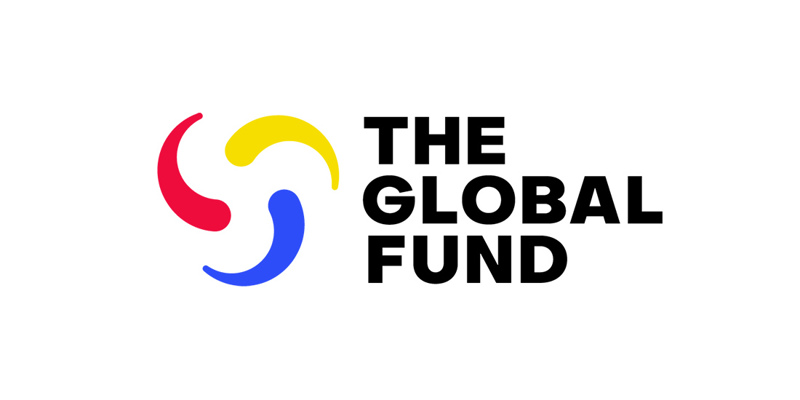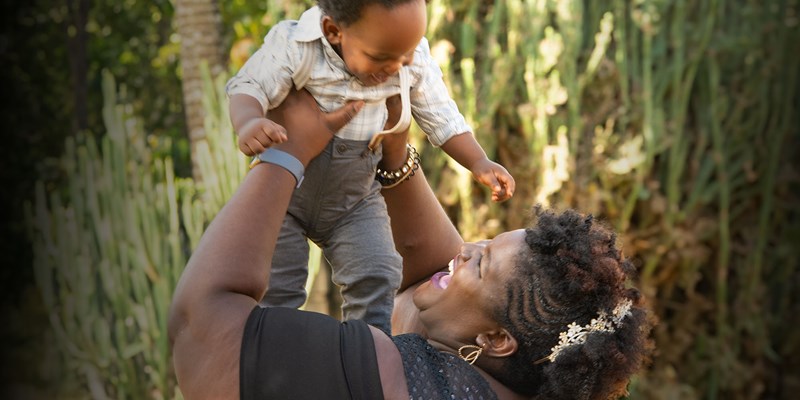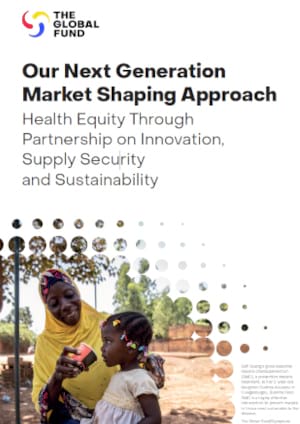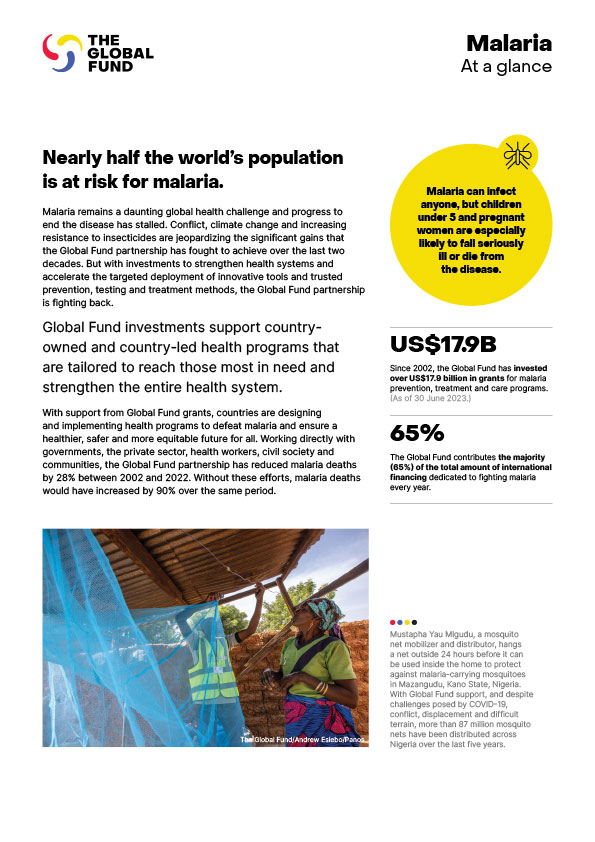

The Criminalization of Sex Work Not Only Violates Human Rights – It Adds to HIV and LGBTQ+ Stigma
I have accomplished many goals in my life that fill me with pride. I am an international advocate for Aidsfonds in the Netherlands – promoting the work of The Global Fund to fight AIDS, Tuberculosis, and Malaria. I am active in politics, with a focus on advocating for the LGBTQ+ community and the destigmatization for people with HIV.
However, one of my biggest accomplishments that I am most proud of is being a male sex worker and an advocate for sex workers. I have been a sex worker for over a decade.
I remember I was not comfortable with the idea initially, as I had political aspirations. I was also afraid that if I did sex work it would have negative consequences – especially in terms of safety and sexually transmitted infections (STIs). So, I rejected the notion. Later, I started doubting that initial decision, as I wanted to travel and was making very little money at the time. I also became more open about sexual freedom and not being monogamous.
I was extremely nervous when I met my first client - especially because of societal notions around safety and sex work. However, I soon realized my client was more nervous than me - especially because he was married to a woman and was not out about his sexuality. That made me realize that clients also have vulnerabilities. This reminded me of myself and so I became much more comfortable from then on with sex work. It was interesting to see how people share their sexual secrets that they cannot share with anybody except with the sex worker. As a sex worker, you see unique insight into the sexual lives and secrets of people, and I always found that captivating.
Yet, sex work can also be dangerous for those operating in countries where it is deemed illegal. It’s harder to have protections in place or turn to authorities if you’re assaulted. As many sex workers are women and from the LGBTQ+ community, the criminalization of sex work causes further inequality of women and LGBTQ+ people in society, while increasing stigma around HIV.
Organizations like the Global Fund tailor services to the specific needs of these populations. At each stage, key populations are involved in the design, implementation and monitoring of health services, as well as in policy decisions that affect them. The Global Fund also provides intensive support to countries to vastly scale up evidence-based programming to reduce human rights-related barriers to HIV, TB and malaria services through an initiative called the Breaking Down Barriers initiative [ download in English | Español | Français | Português | Русский ] .
When I finally started to settle in as a sex worker, I felt that I could not be open, as I was afraid of implications for my future career and rejection. This element of stigma plays a very big role. When you are a sex worker and HIV positive on top of that - these are things you can cope with but it’s very hard to if no one around you knows. If something happens or you’re feeling down, you have no one to turn to.
At that point I said to myself if I want to break open that stigma; I have a responsibility to speak out because when we speak out and share our stories then we can break the stigma.
The Netherlands is one of the few countries in the world where sex workers are not a risk for HIV anymore. The reason for that is that sex work in The Netherlands is legal. And in every major city there are health centers specialized in ensuring they do outreach to sex workers, offering free tests and treatments and stigma free information.
Inequality is holding the fight against AIDS back. According to a UNAIDS report, sex workers who live in countries where sex work is considered a criminal act have a seven times greater chance of living with HIV than in countries where sex work is legalized.
In 2003, New Zealand decriminalized the profession of sex work and began to regulate the industry. Within five years, the number of people within the industry had not increased but instead improved the safety of sex worker’s who had the ability to refuse certain clients and it also led to greater trust in the police. Belgium decided to replicate the New Zealand model this year. Other countries such as South Africa have proposed a bill to decriminalize sex work and earlier this year, India issues directives for protecting the well-being and fundamental rights of sex workers under the country’s constitution.
Even in The Netherlands - where sex work is legal - some of my colleagues’ still experience stigma when visiting general health care professionals; so, they aren’t comfortable disclosing their sex work, which is very important for medical assessments.
When implementing decriminalization measures providing specialized centers with staff that are trained with handling sex workers is extremely important, but these types of centers are only possible if sex workers are not considered criminals – otherwise seeking out medical treatment is seen as risky.
There are also specialized social workers and doctors that have a good sense of how to communicate with sex workers. I do feel there’s a lot of support, testing and information available in The Netherlands and it is proof of that a country can accomplish a reduction in HIV amongst sex workers - once you decriminalize sex work and provide good, inclusive health services.
I believe that being a sex worker is an absolute human right. And having access to healthcare clinics and access to HIV services as a sex worker is vital. These benefits can only be realized through protecting the safety and human rights of marginalized people
The pandemic over the past few years has highlighted the gaping inequality in healthcare for marginalized people. Tackling these global health inequalities can help put the fight against epidemics, such as AIDS, back on track. My hope for Human Rights Day this year is that governments focus on equalizing health services for vulnerable key populations, as well as creating an environment where they feel comfortable to seek help around HIV testing, support, and awareness. No person should feel nervous or lack the ability to access medical help because of unjust stigma and shame associated with the work they do.
Beauty Dhliwayo, a nurse at the Center for Sexual Health and HIV/AIDS Research Zimbabwe clinic in Mutare, Zimbabwe, explains how PrEP works to a client. The current Global Fund HIV grant managed by UNDP supports initiation of PrEP for key populations, including sex workers, through a combination of fixed sites providing prevention services and outreach.







